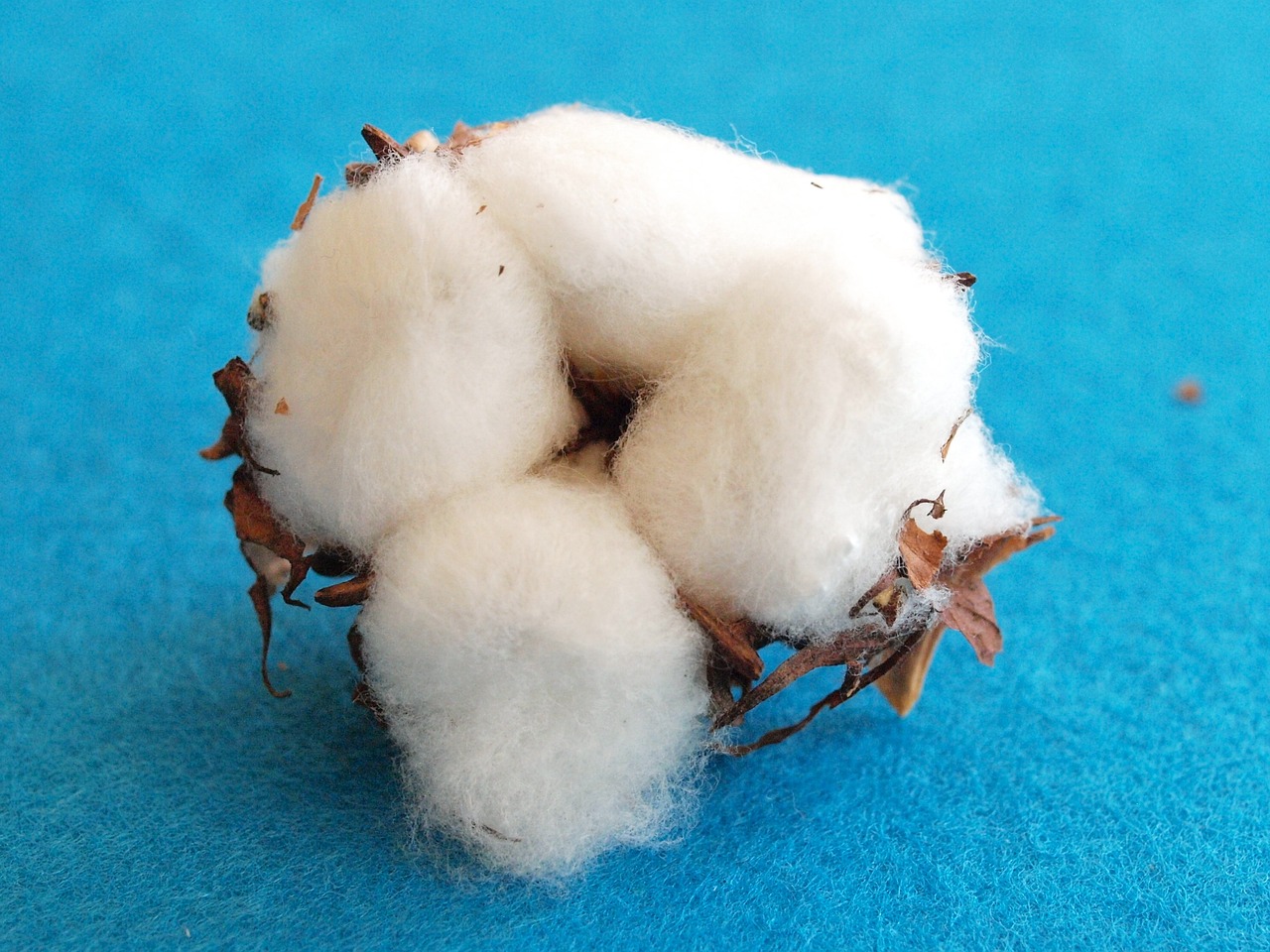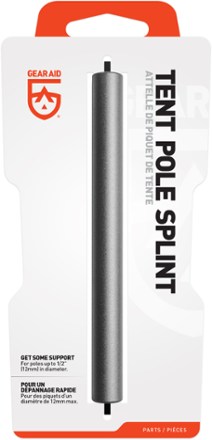What is Organically Grown Cotton

Although cotton's prominence in the textile industry has decreased in recent years, it remains a cornerstone for countless farms and factories worldwide, including in the U.S. Producing millions of tons annually, cotton plays a significant role in shaping our wardrobes and daily lives—but its environmental impact is hard to ignore. That’s where organically grown cotton comes in, aiming to address these concerns.
So, what is organic cotton? This article explores the answer while covering:
- The advantages of choosing organic cotton
- The certification standards for organic cotton
- Tips for identifying products made from organic cotton

What is Organically Grown Cotton?
Organically grown cotton is cultivated using eco-friendly methods designed to reduce environmental harm. These farms avoid synthetic fertilizers, herbicides, and pesticides, relying on sustainable practices like conserving water, promoting biodiversity, and nurturing soil health.
In contrast, conventional cotton farming often employs genetically modified seeds and chemical inputs to boost yield. This method is resource-intensive, accounting for roughly 25% of global insecticide use and over 10% of pesticide use, contributing to the production of around 20 million tons of cotton annually.
Benefits of Organically Grown Cotton
Choosing organic cotton offers a range of environmental and health advantages:
- Healthier Soil: Techniques like crop rotation, composting, and cover cropping improve soil fertility and structure.
- Cleaner Water: By forgoing synthetic chemicals, organic farming helps keep local water sources free from pollutants.
- Resource Conservation: Studies from the 2014/2015 harvest reveal that organic cotton saves an estimated 218 billion liters of water (enough to fill over 87,000 Olympic pools) and 288.7 million kilowatt-hours of energy, sufficient to power nearly 30,000 homes annually.
- Lower Emissions: Organic cotton farming reduces carbon dioxide emissions by about 92.5 million kilograms yearly, the equivalent of removing 20,000 cars from the road.
- Reduced Chemical Exposure: Farmers and consumers benefit from minimized contact with harmful pesticides and herbicides.
Organic Cotton Certification Standards
Various independent certification organizations establish and enforce guidelines for organic cotton farming to ensure it meets specific environmental and health criteria. One of the most recognized certifications is the U.S. Department of Agriculture’s National Organic Program (NOP), which guarantees that cotton farms are adhering to organic farming practices.
Because it's hard to visually differentiate between conventionally grown and organically grown cotton, third-party organizations verify the cotton’s origin and ensure it maintains its organic integrity throughout production. For example, the Organic Content Standard (OCS) certifies that the cotton used in products is purely organic, with no contamination from conventional cotton.
Another important standard is the Global Organic Textile Standard (GOTS), which not only evaluates the growing and harvesting of organic cotton but also covers the entire manufacturing process—from the farm to the finished product. This includes assessing how cotton is dyed, processed, and the environmental and worker safety impacts along the way. GOTS certification ensures that the cotton is organically grown and that the entire production process follows sustainable and ethical guidelines.
For more information, you can visit the National Organic Program and Global Organic Textile Standard.
How to Identify Products Made with Organically Grown Cotton
As more companies embrace organic cotton, it has become easier to find products made from it. When shopping in-store, look for labels that specify the use of organic cotton, or check the product tag for fabric details. If you're shopping online, the product description or specifications often provide this information.
Many retailers now offer a variety of products made with organic cotton, and several brands prioritize its use in the majority of their products, continuously seeking to increase its presence. Additionally, well-known brands have also integrated organic cotton extensively into their product lines.
Product Impact Standards
Some organizations have introduced Product Impact Standards that apply to all the brands and items they certify. These standards outline how companies should manage environmental, social, and animal welfare impacts. They also identify key features that support positive outcomes across their products, such as certifications for organic cotton or other sustainability criteria. By choosing products with these certifications, you can help promote more sustainable manufacturing practices.




